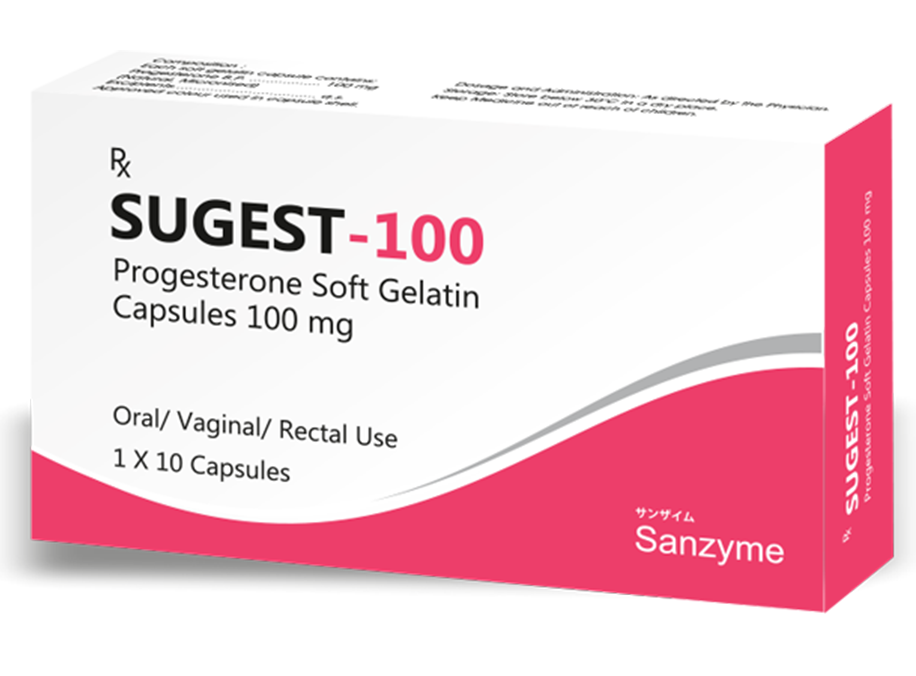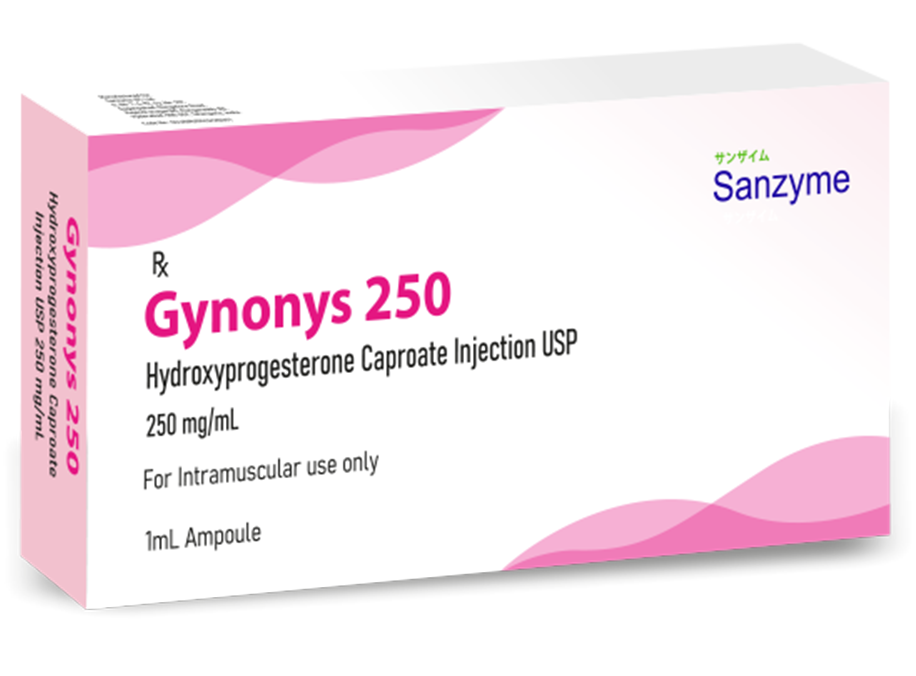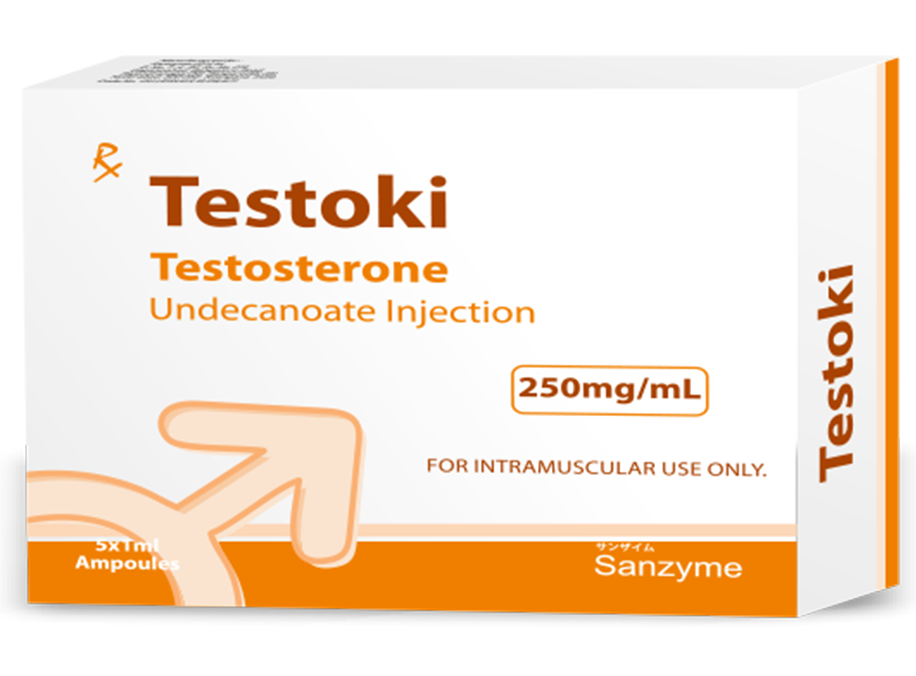Sex Hormones
Sex hormones also known as gonadal steroids or gonadocorticoids, are steroid hormones that interact with steroid hormone receptors. The sex hormones include the androgens, estrogens, and progestogens of which we supply female sex hormones namely Progesterone and Hydroxy Progesterone Caproate and male sex hormone namely Testosterone undecanoate.
Visited 2,713 times, 4 visit(s) today

Since 1969, when we entered into a Joint Venture with Sankyo (now Daiichi-Sankyo) to make gonadotropins to export to Japan, we’ve been at the forefront of biological hormones, and today we have the necessary technological foundation to do path breaking work.
Specialty Probiotics
Copyright © 2025 - SANZYME PVT. LTD.
Close
Archives
No archives to show.
Categories
- No categories



